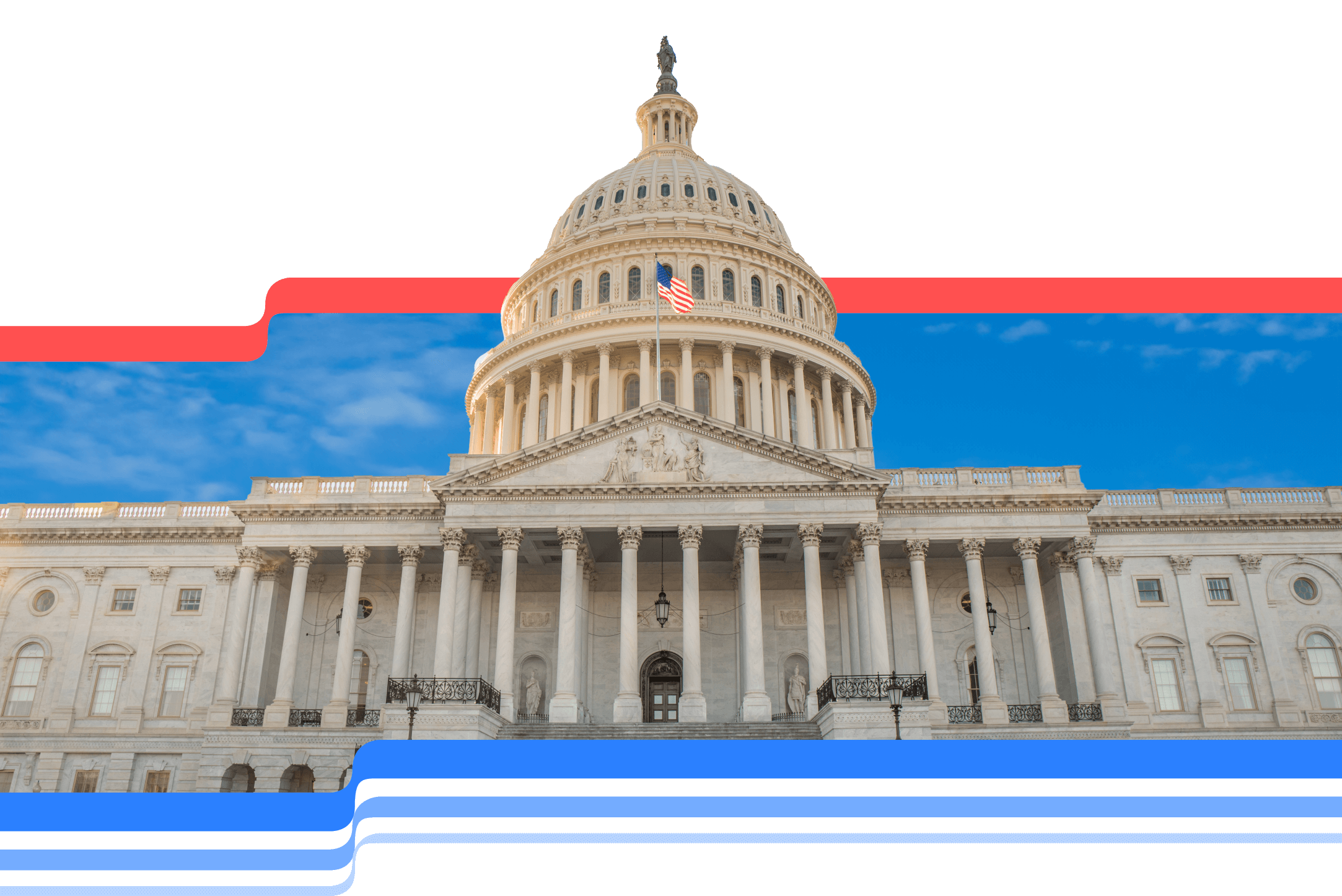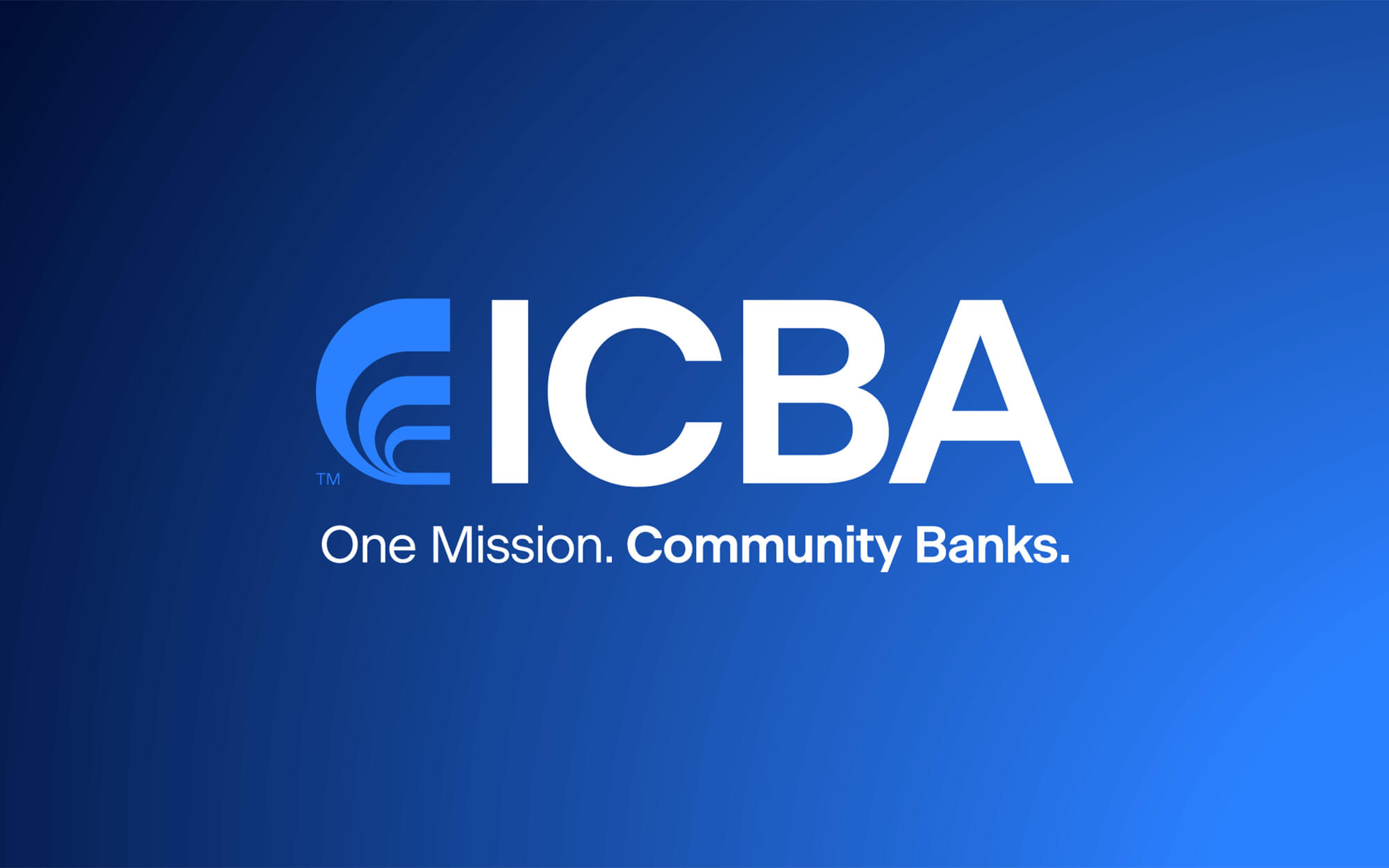ICBA urged federal banking regulators to withdraw an incomplete proposed rule on incentive-based compensation that lacks support from all relevant regulatory agencies.
Incomplete Issuance:
The FDIC, OCC, and Federal Housing Finance Agency issued the proposed rule, though federal law requires the Federal Reserve, Securities and Exchange Commission, and National Credit Union Administration to sign on as well for the rule to be legally binding.
The agencies said they will accept comments on the proposal even though they cannot publish it in the Federal Register because of its deviation from federal statute.
ICBA Response: In a national news release, ICBA President and CEO Rebeca Romero Rainey said:
Regulators should postpone the proposal until all of the agencies are in agreement.
Moving ahead without the participation of all relevant agencies raises the question of whether commenters should invest time and resources to respond to the proposal.
With community banks already inundated with unnecessary and duplicative regulation, this proposal would merely divert community banks from meeting the needs of local communities.
To avoid confusion and duplicative rulemaking efforts, regulators should withdraw the proposal and pause public comments until all of the necessary agencies are in agreement.
Proposal Details: The agency proposal re-proposes regulatory text issued in June 2016, with a new preamble that acknowledges developments and supervisory learnings since then. Under the 2016 proposal:
Executives at Level 1 ($250 billion or more) and Level 2 ($50 billion-$250 billion) institutions would have to defer some of their qualifying incentive-based compensation.
Regulators would have discretion over whether to apply some of these standards to Level 3 institutions ($1 billion-$50 billion).
Institutions with less than $1 billion would be completely exempt from the rules.
ICBA Comments: In its 2016 comment letter on the proposal, ICBA said banks with assets less than $50 billion should be exempt. ICBA said that while the proposal rightly includes a tiered approach, institutions in the Level 3 tier should be exempt because they rarely use incentive-based compensation and pose little systemic risk.






